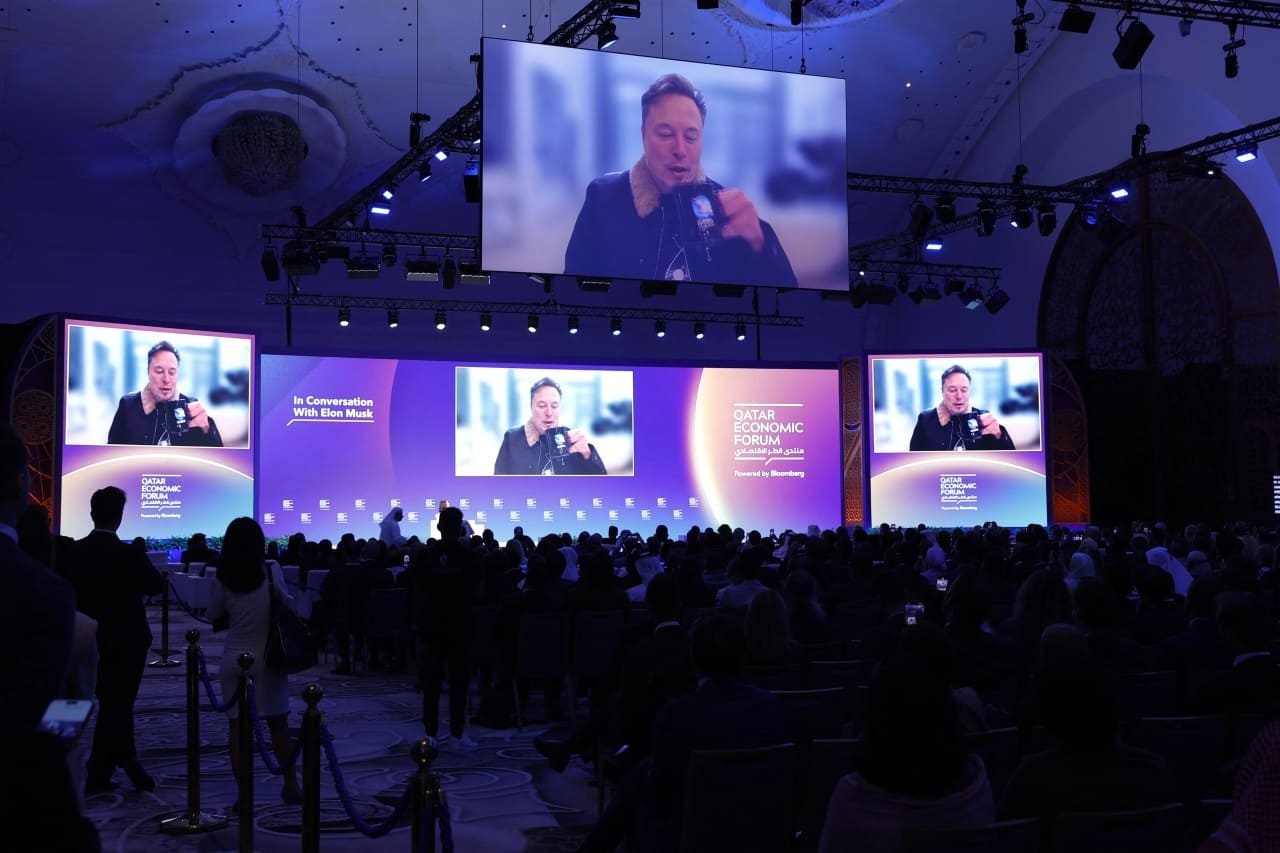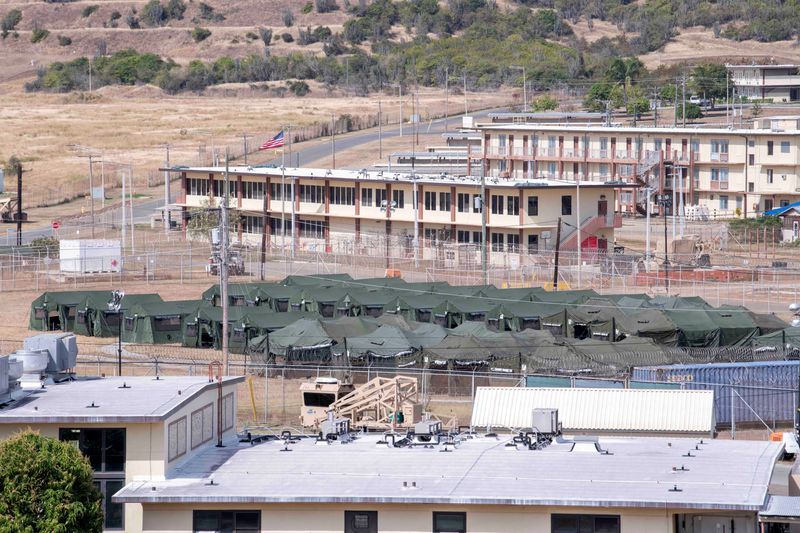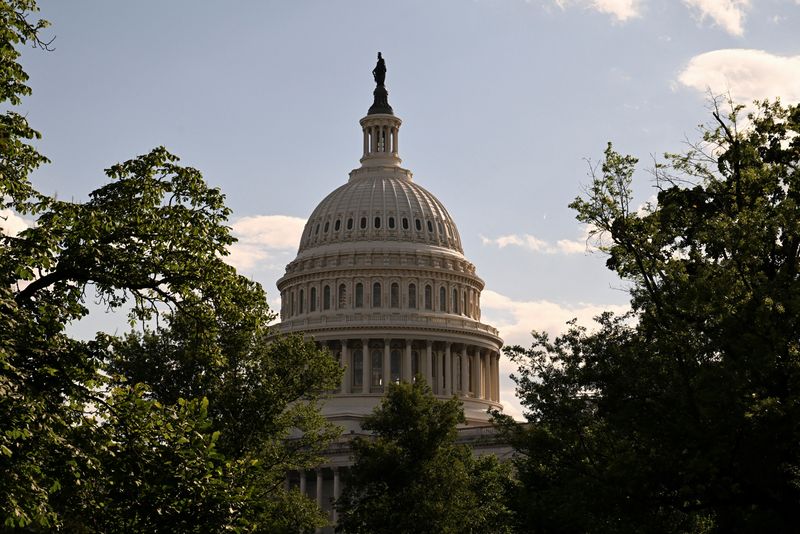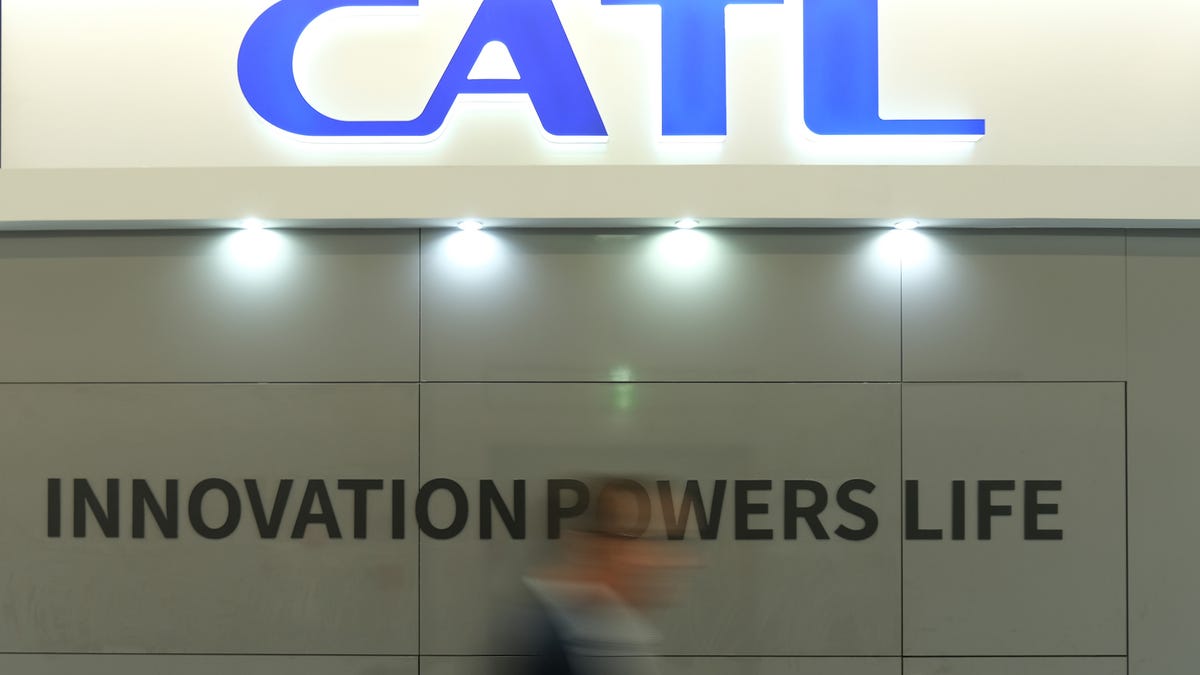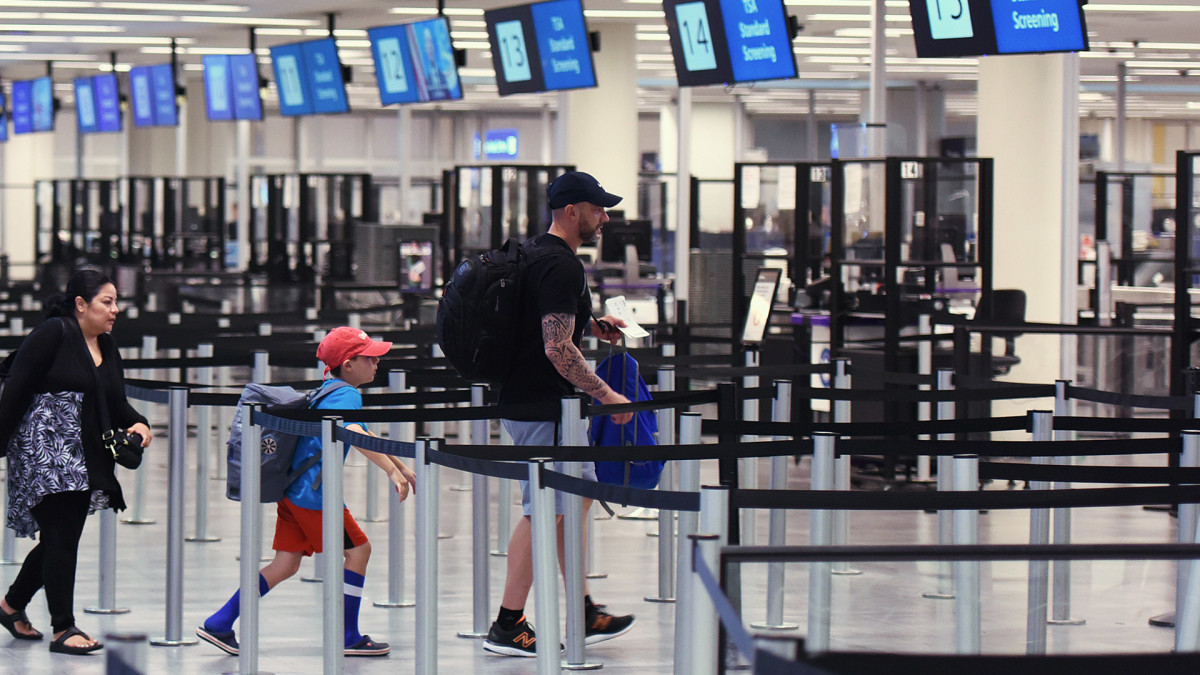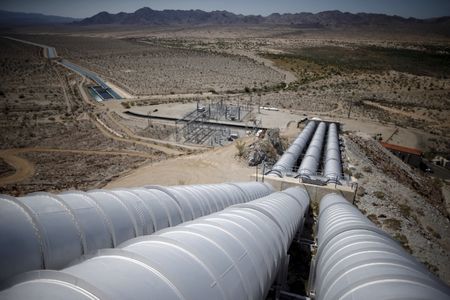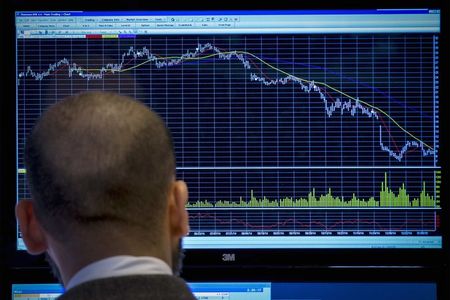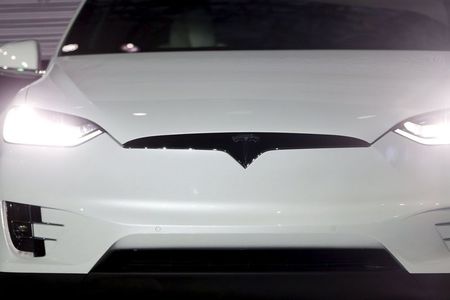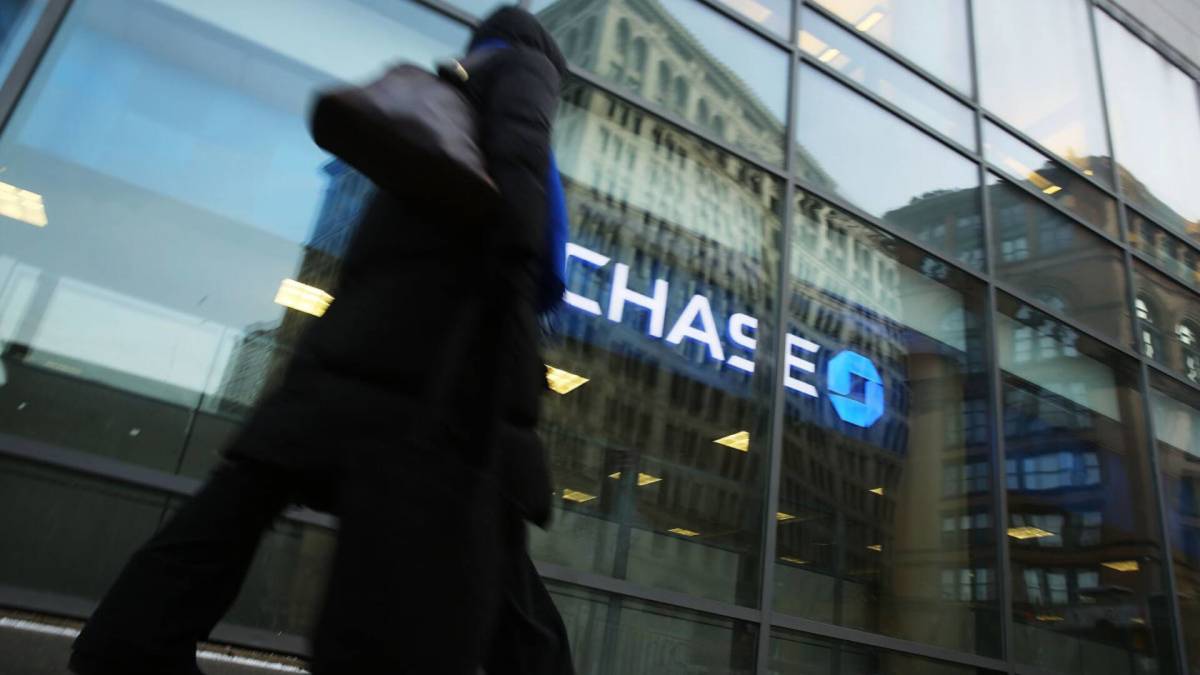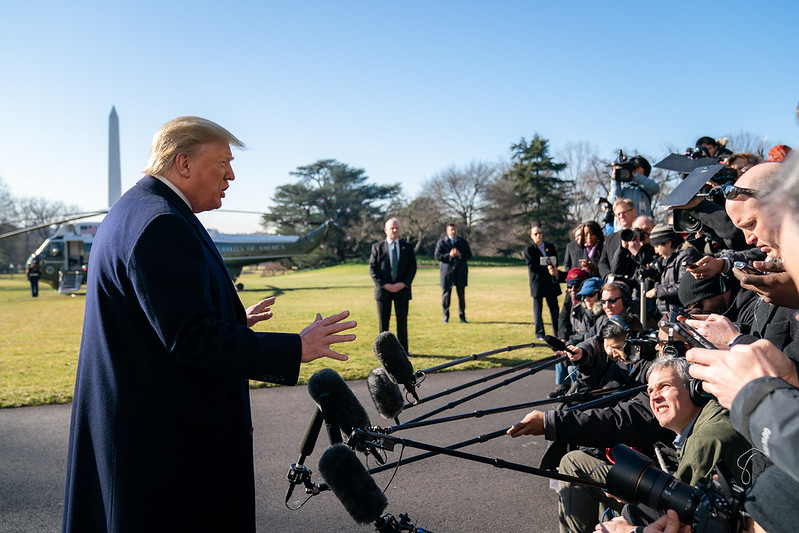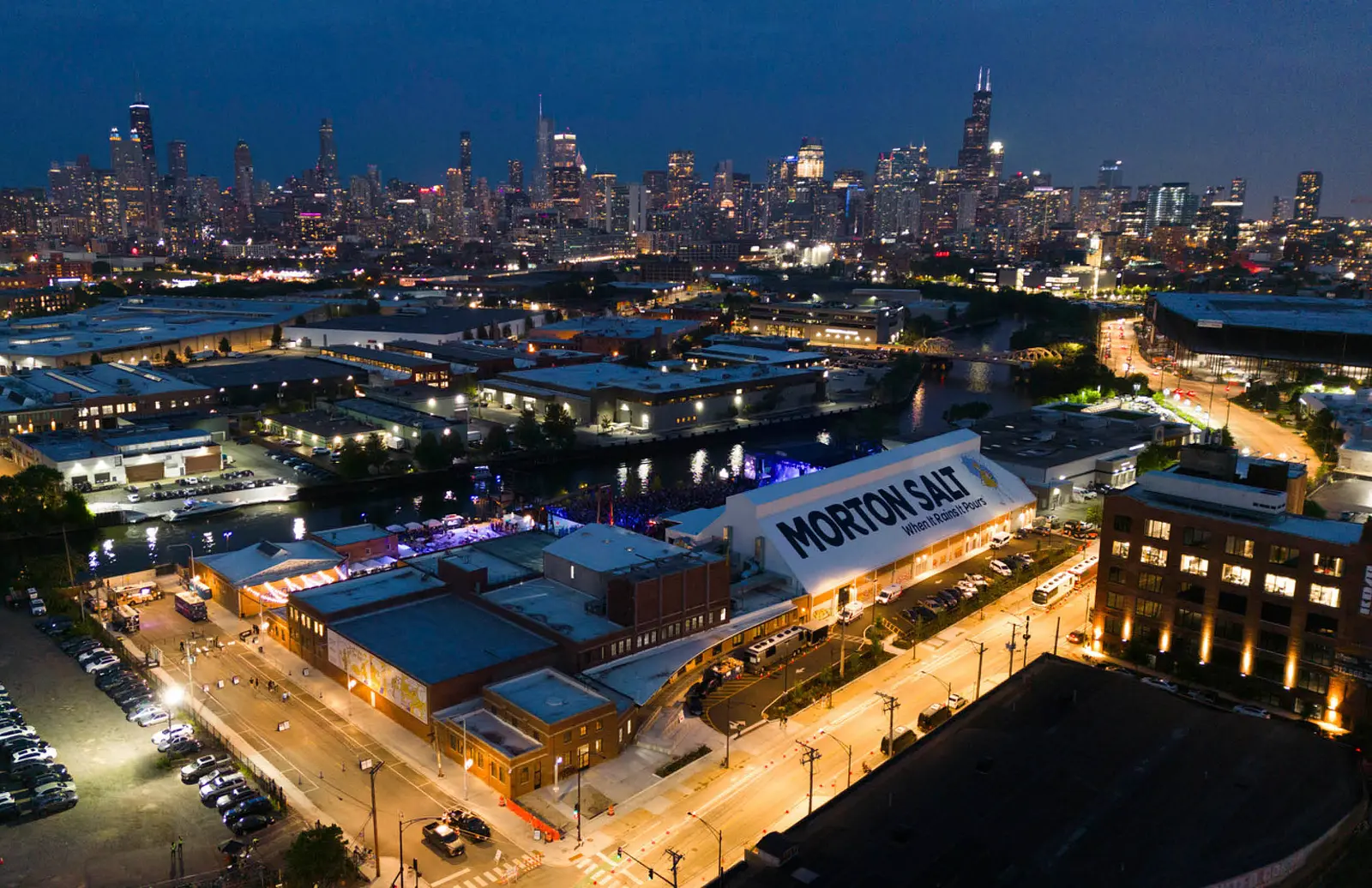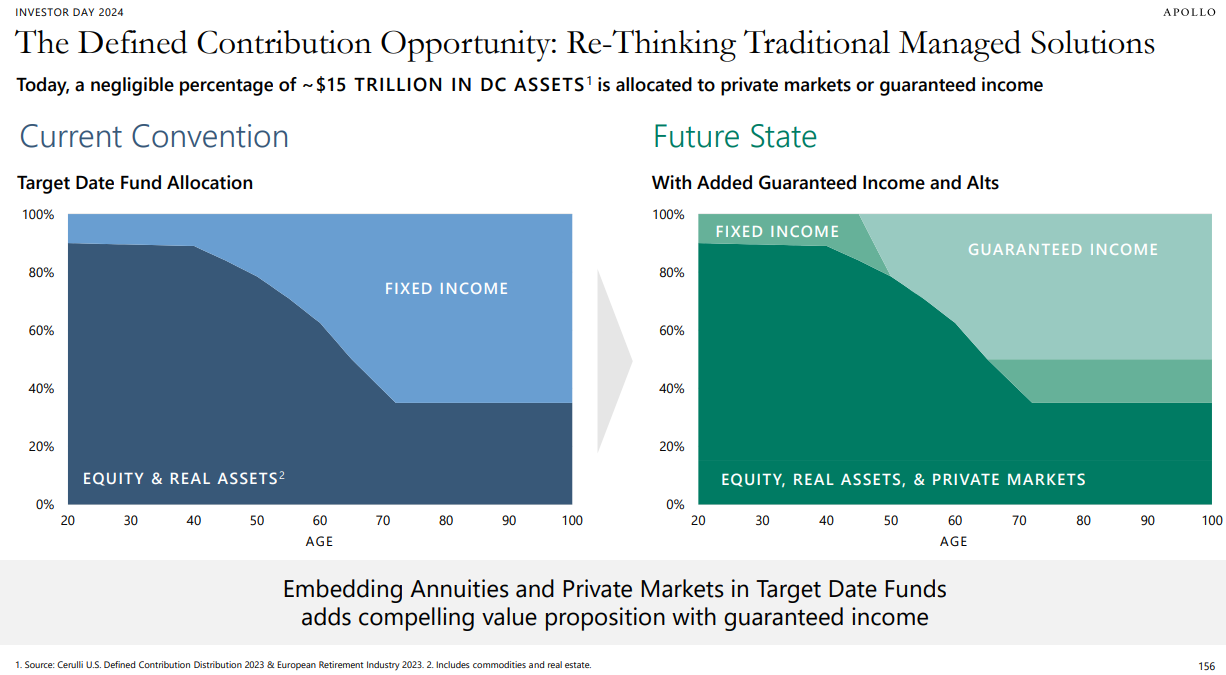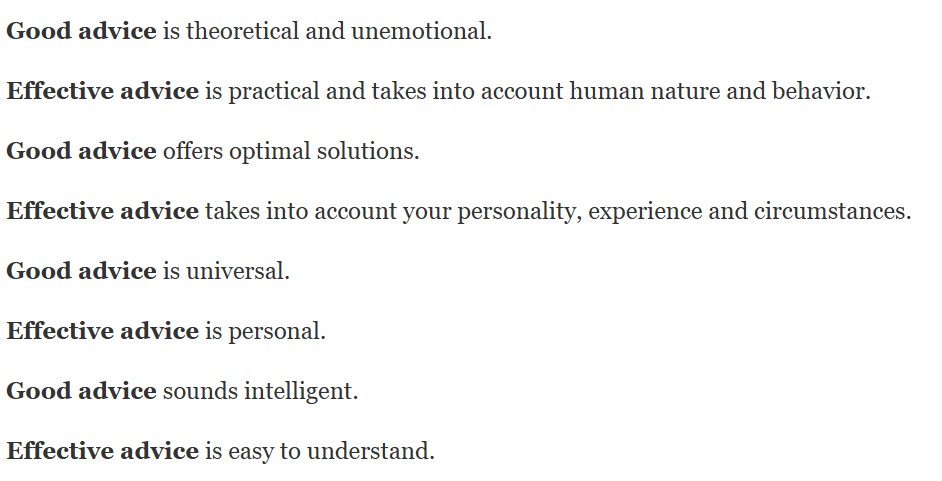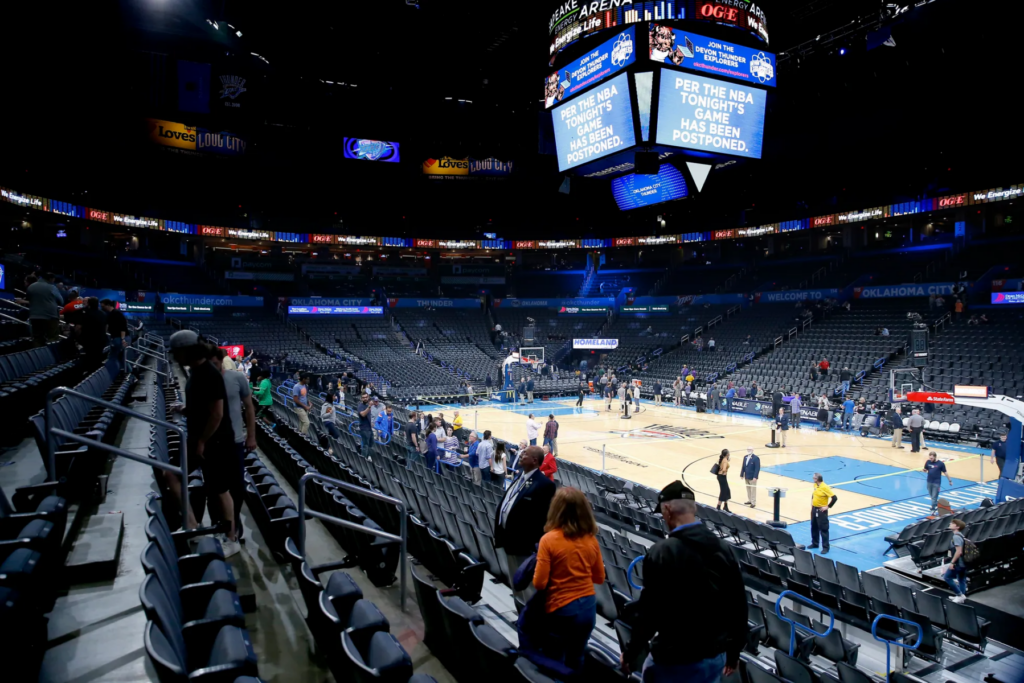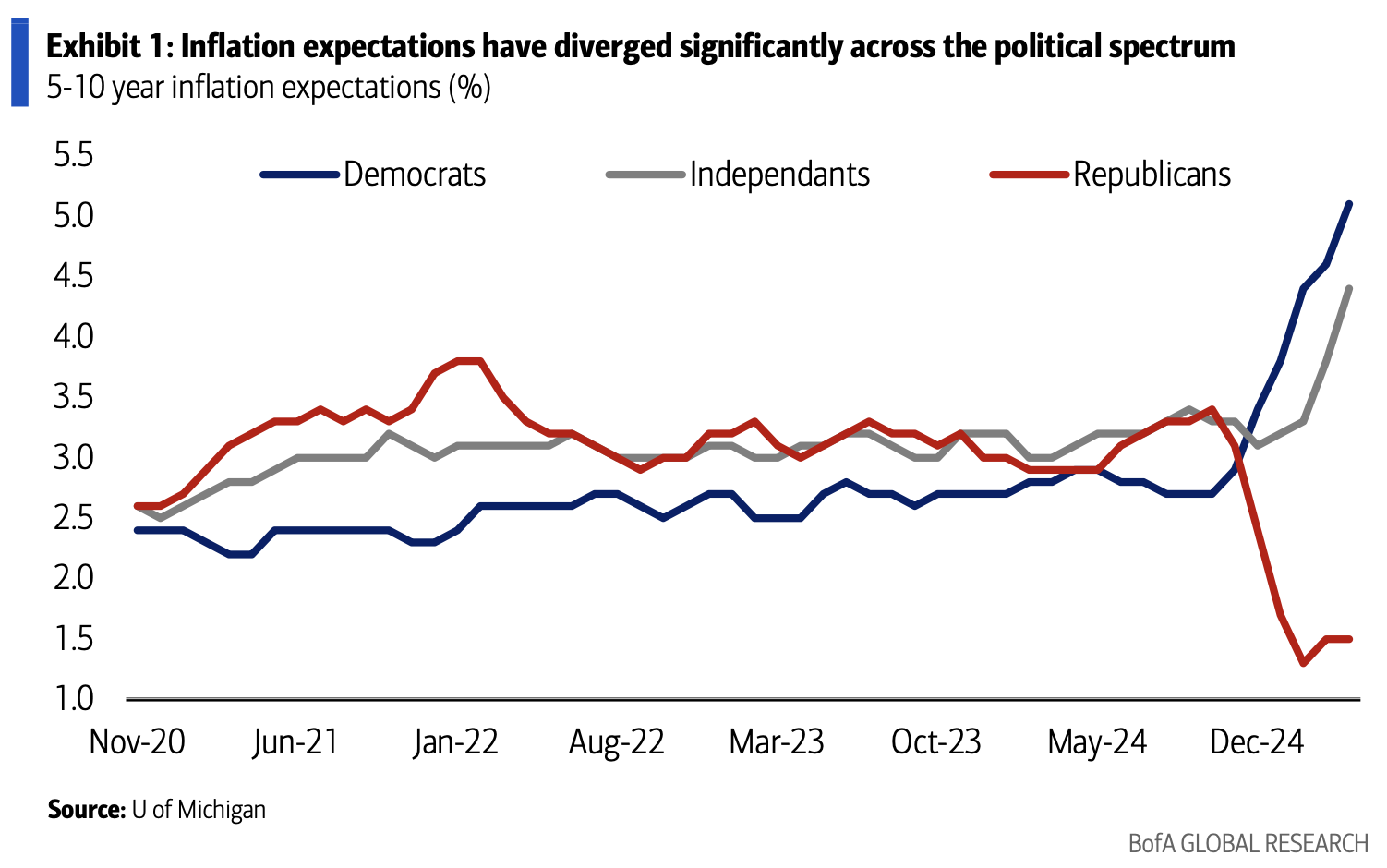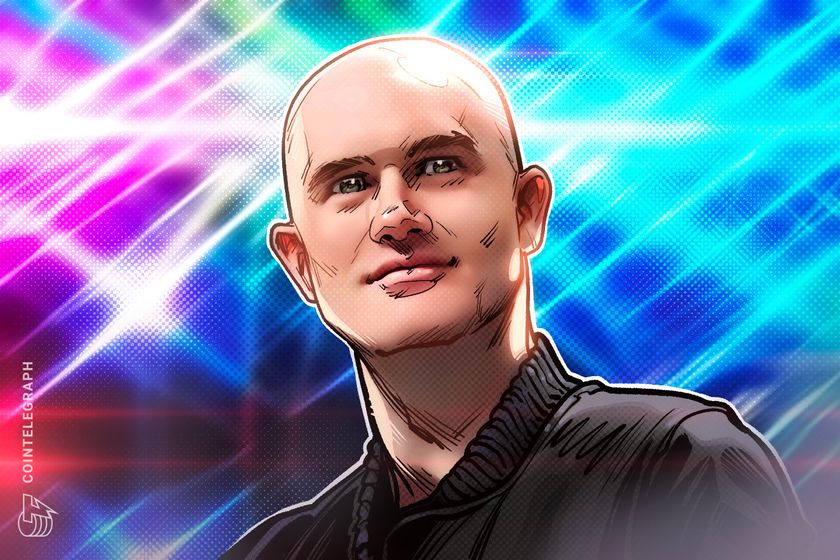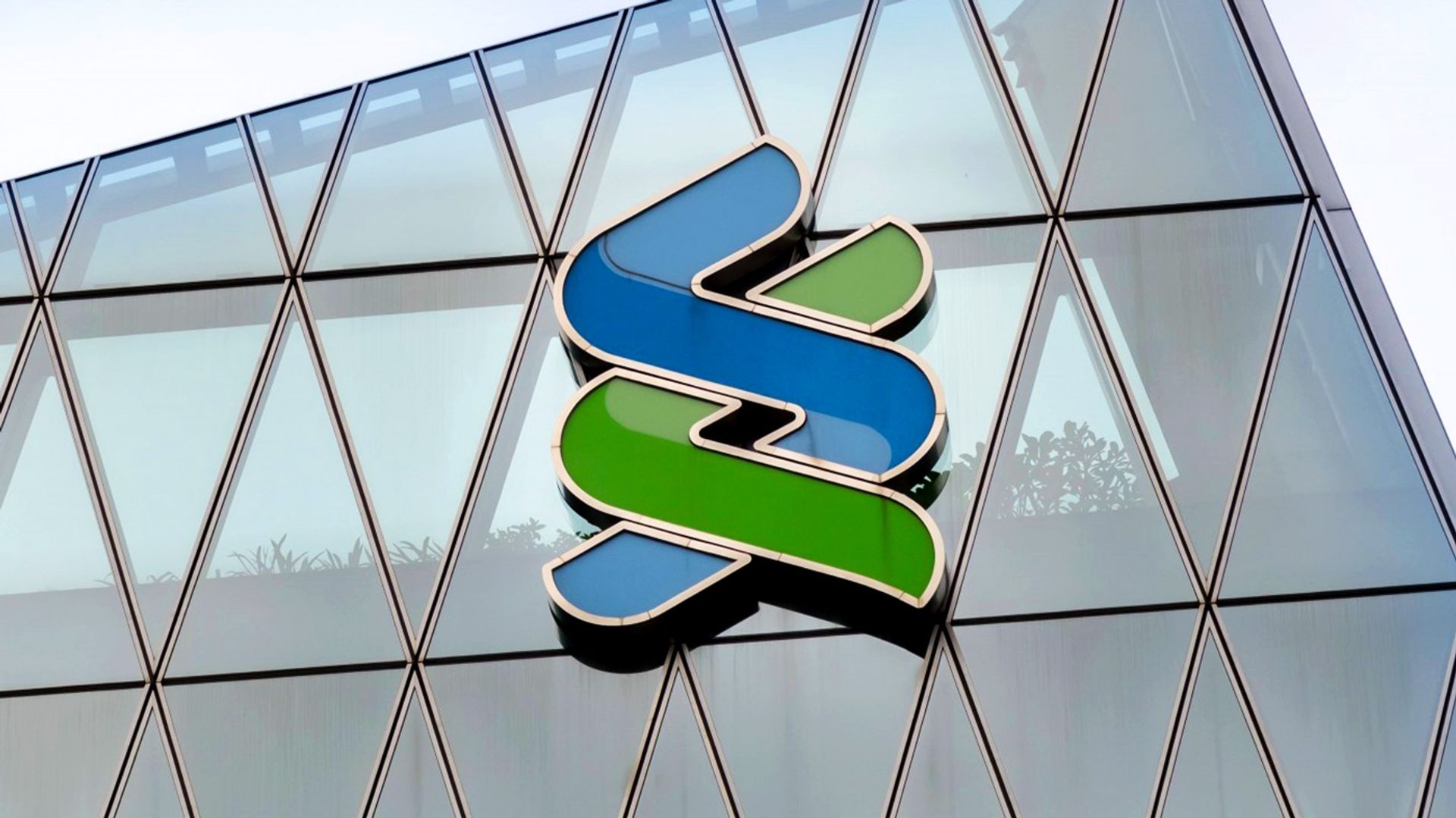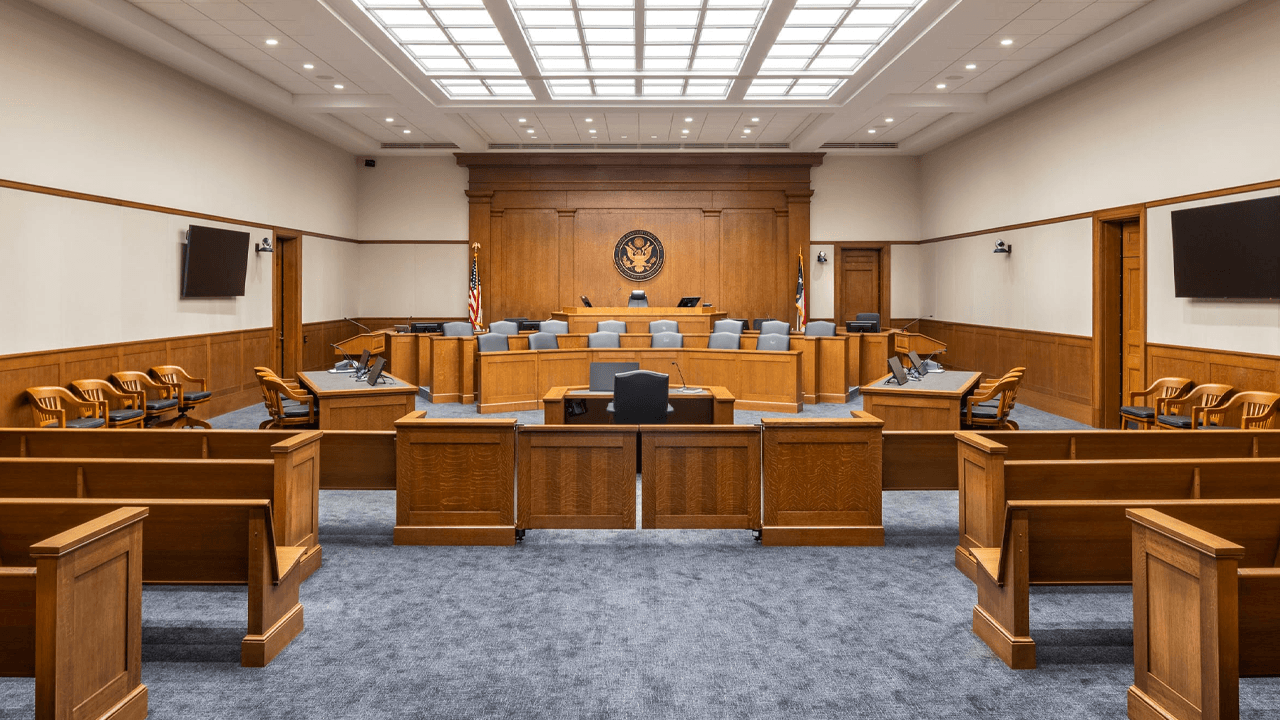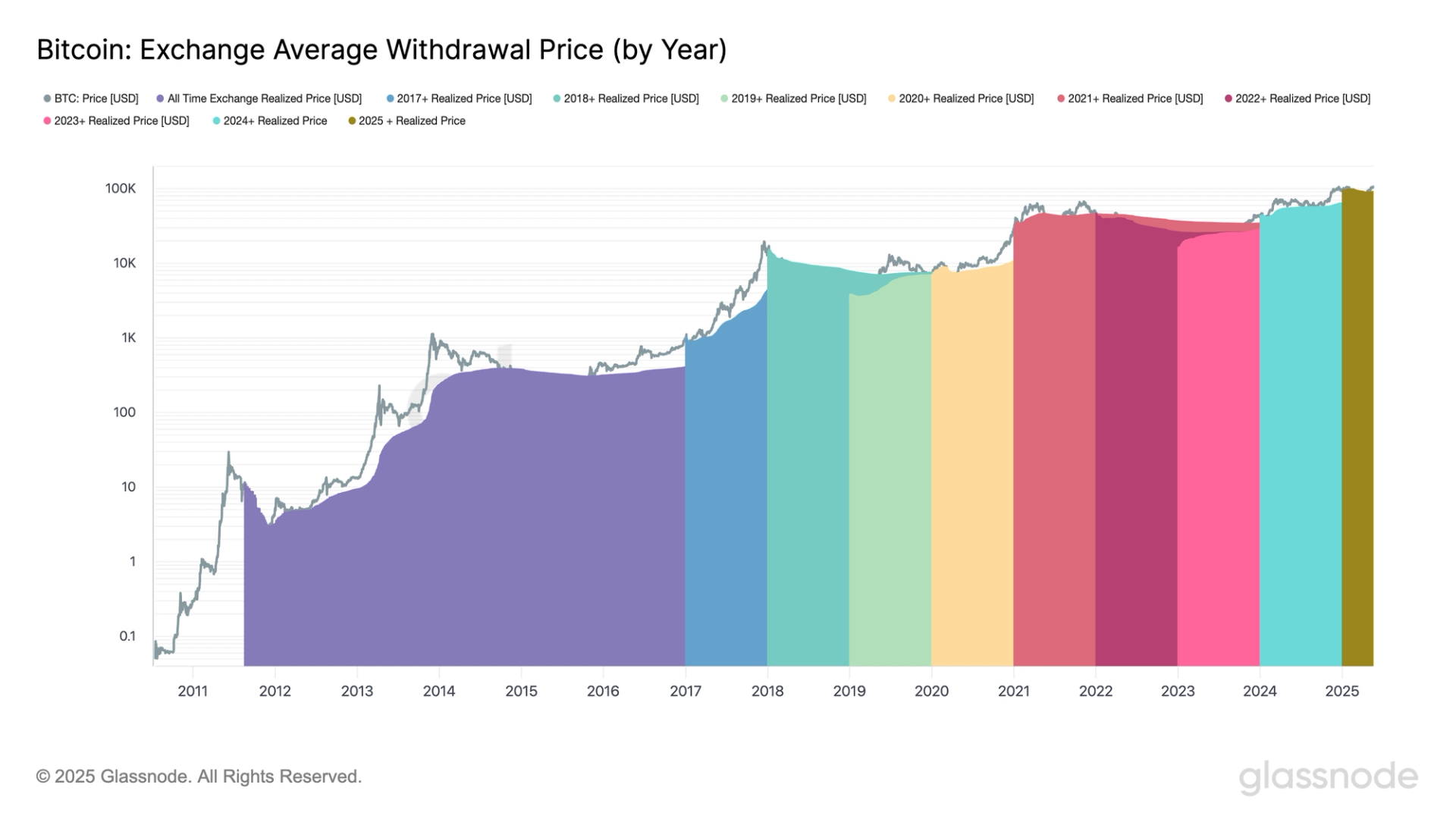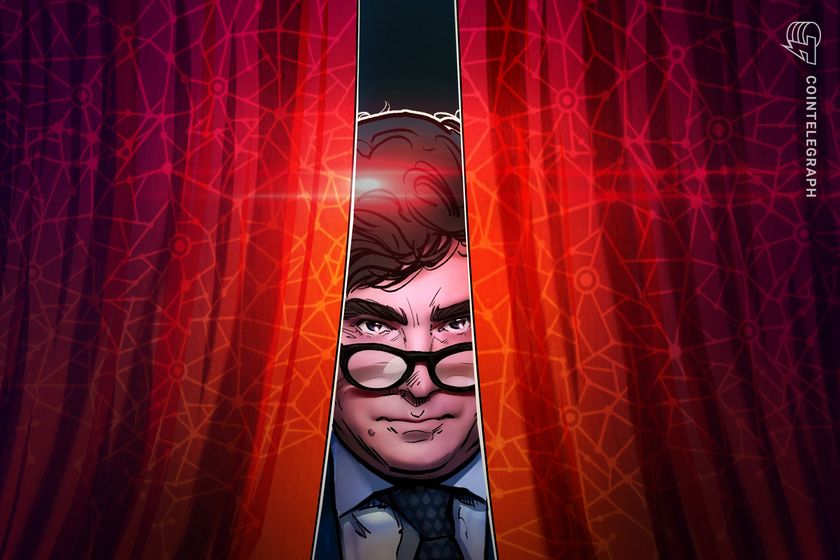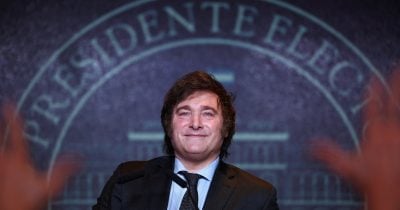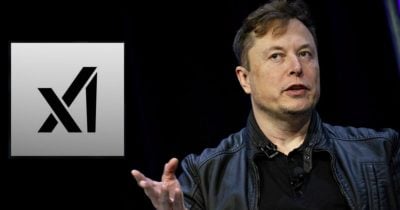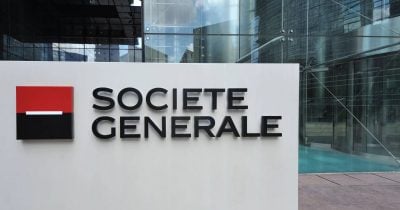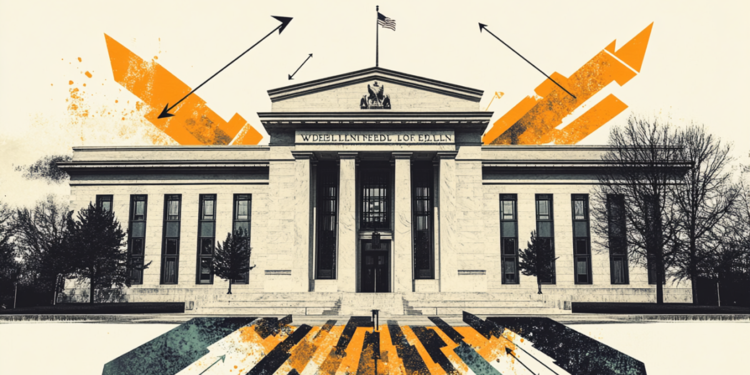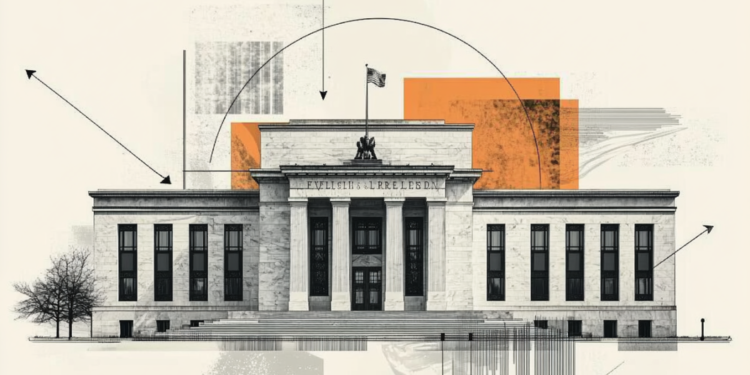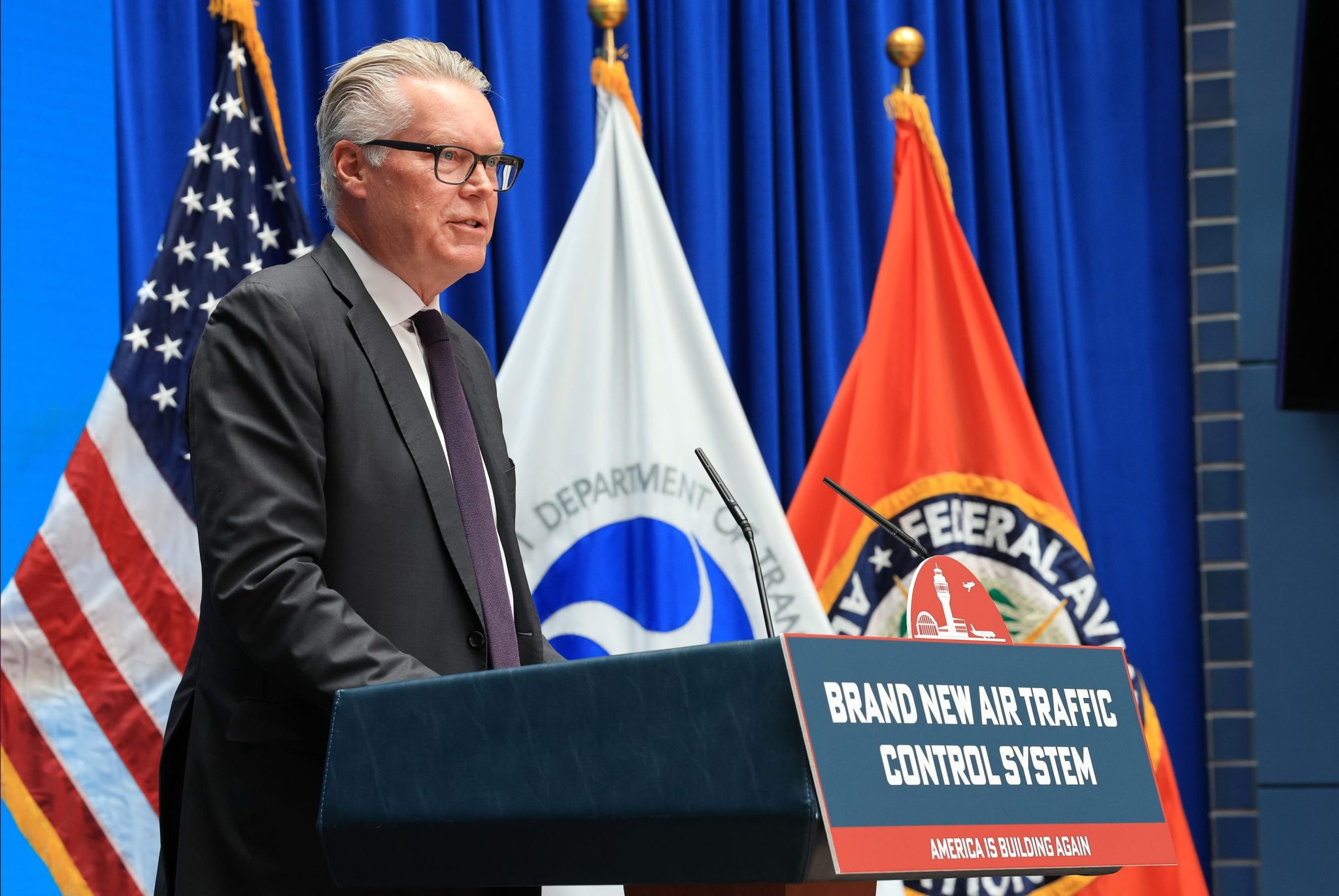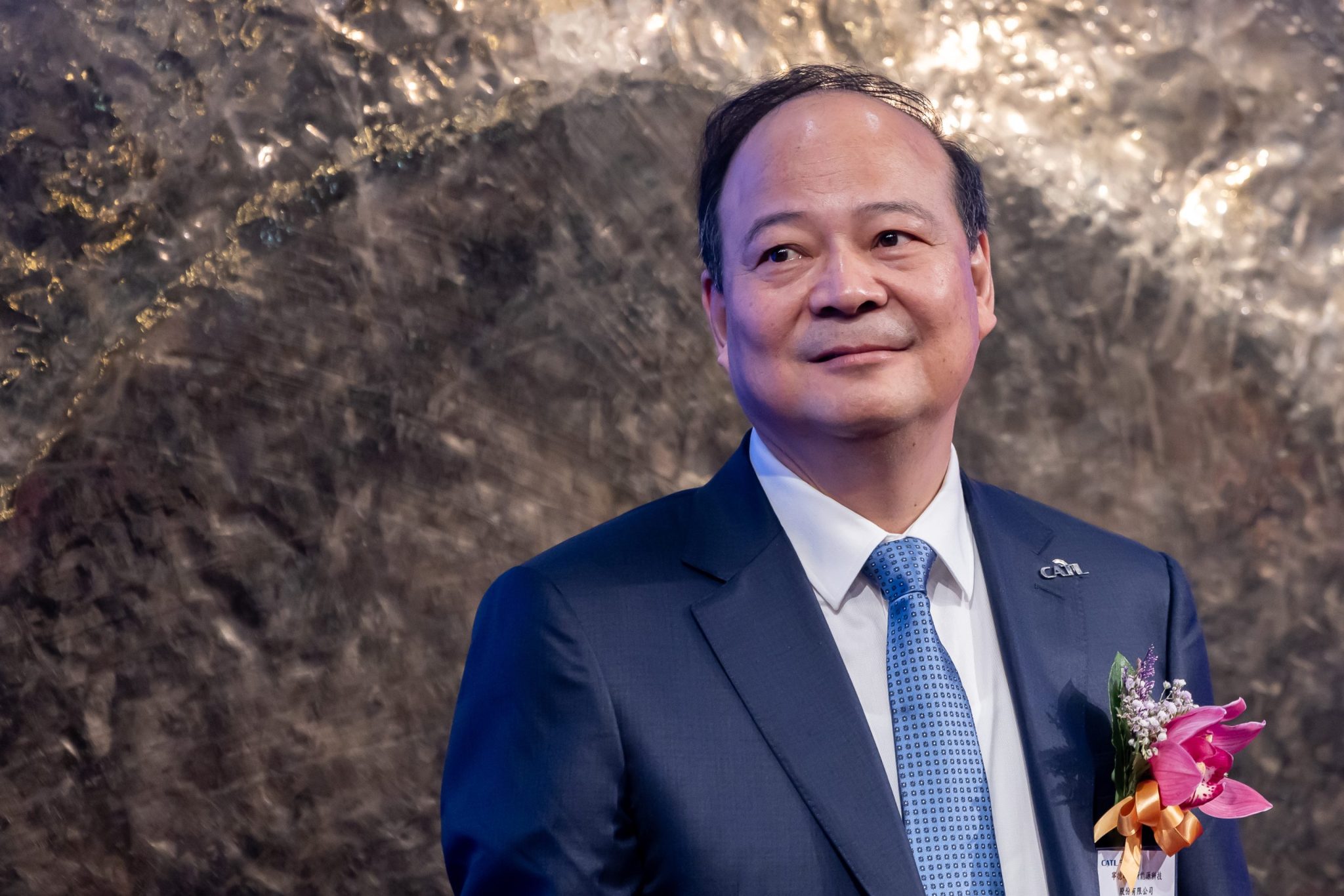‘Circularity problem’ over Mike Lynch’s $630 million estate finally resolved as HPE moves closer to settling multibillion-dollar claim
An impasse over who would volunteer to be the executor of Lynch's will prevented a final settlement, with HPE seeking $4 billion in damages.

A longstanding stalemate over the fate of a $4 billion claim against the late Autonomy founder Mike Lynch has finally been resolved after the civil judge found a solution to Lynch’s family refusing to take up their role as the executors of his multimillion-dollar estate.
Lynch passed away in August last year alongside his 18-year-old daughter Hannah and five other passengers after his Bayesian yacht sank in a storm off the coast of Italy.
Weeks earlier, Lynch had been acquitted of criminal fraud charges in the U.S. related to Hewlett-Packard’s (now HPE) $11.7 billion acquisition of Autonomy in 2011. However, Lynch lost a 2022 civil case in the U.K., which could have left him liable for up to $4 billion in damages based on HPE’s demands.
Mr Justice Hildyard, who oversaw that civil case, postponed a judgment on a damages figure in the wake of Lynch’s death in August, according to a legal document circulated last week.
At the time of his 2022 judgment, Hildyard said the final settlement would be considerably lower than the $4 billion figure pursued by HPE. He had been awaiting correspondence from Lynch’s legal representatives at Clifford Chance, in the wake of his death.
“Not knowing, at that time, of the reluctance of Dr Lynch’s executors to take up their roles, I had envisaged that I would hear back from the parties in October,” Hildyard wrote. However, he confirmed he heard nothing until November, after which it became clear the case had reached an impasse relating to Lynch’s estate.
Lynch’s estate hits obstacles
Hildyard explained that executors of Lynch’s Will, which included his widow Angela Bacares, Autonomy co-founder Richard Gaunt, and its former chief operating officer Andrew Kantar, had at varying points renounced their roles, citing the need to await a judgment on damages to assess their solvency.
That created what Travers Smith, the law firm representing HPE, described as a “circularity problem.” No one was willing to represent Lynch’s estate until a settlement was agreed to determine its solvency, but no judgment could be granted until an executor was willing to represent the estate.
To break that impasse, Hildyard appointed the retired, former Clifford Chance lawyer, Jeremy Sandelson, as an independent third-party legal representative for Lynch’s estate. Sandelson was the preferred choice of Bacares, who knew Lynch and his family “both socially and professionally.” Sandelson will be able to appoint lawyers and subtract legal fees from the estate’s funds.
Clifford Chance partner Chris Morvillo and his wife, Neda Morvillo, were among those killed in the Bayesian disaster. The “Magic Circle” law firm, which represented Lynch, is currently owed around $1.1 million in legal fees linked to the lawsuit across its U.S. and U.K. offices.
The Sunday Times Rich List reported that Lynch’s assets were worth around £473 million (around $630 million), much of it in Bacares’s name. These included their Suffolk estate and most of Lynch’s 7% share in Darktrace, the cybersecurity company founded by former Autonomy employees and acquired by Thoma Bravo for $5.3 billion.
There was brief speculation that HPE would abandon its case against Lynch, owing to the potential for negative PR from pursuing Lynch’s grieving widow, Bacares, for damages.
An HPE spokesperson confirmed at the time that the group would see the case through to its conclusion of a settlement, adding a reminder of its fiduciary duty to act in the best interests of shareholders, a point reiterated by HPE chief executive, Antonio Neri.
This story was originally featured on Fortune.com



